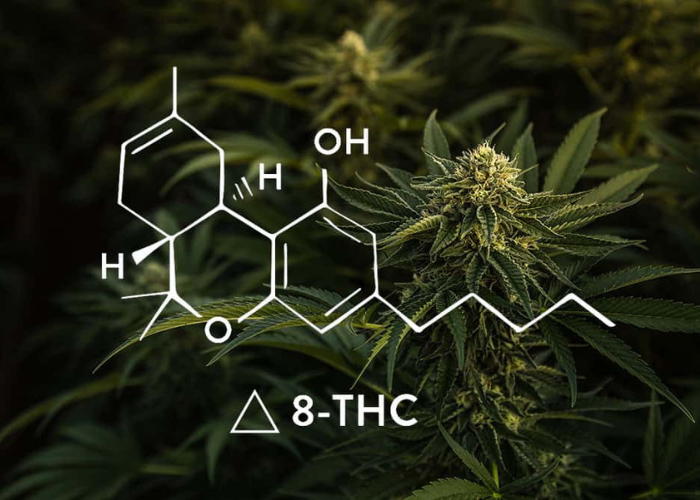
With the rise in popularity of delta-8-tetrahydrocannabinol (delta-8-THC), there is a need for accurate drug testing methods. delta-8-THC is not as psychoactive as delta-9-THC, the psychoactive compound in marijuana.
It is also essential to understand how the science of Delta-8 drug testing works, including the methods used and their level of accuracy for consumers, employers, and regulators. So, does delta 8 show up on drug tests?
Delta-8 Drug Testing Methods.
Urine Testing
Immunoassays are the most commonly used initial screening techniques in drug tests. They use antibodies to identify specific drug metabolites. However, many immunoassays intended to measure Delta-9-THC will also register Delta-8-THC, resulting in the possibility of false positives. The lack of specificity in these tests can prove problematic, particularly for those who legally use Delta-8-THC.
Gas Chromatography-Mass Spectrometry (GC-MS) is a more specific confirmatory test used to verify the positive results received from the immunoassays. GC-MS can identify Delta-8-THC and Delta-9-THC and differentiate between their distinct chemical structures, giving a more accurate result.
Blood Testing
If you ask, does delta 8 show up on drug tests? Blood test the actual presence of Delta-8-THC rather than its metabolites. They are not frequent for routine drug screening because of their short detection windows, but they are helpful in cases when recent use is being checked.
Saliva Sampling and Hair Testing
Saliva testing is emerging as a noninvasive alternative to urine tests for detecting recent Delta-8-THC use. However, because saliva tests have a shorter observation window, they are not as efficient as urine tests in determining past drug use.
Hair tests have a longer detection period, usually 90 days. These tests give a complete picture of the long-term use of cannabinoids. However, distinguishing Delta-8-THC from Delta-9-THC in hair samples is not easy.
Accuracy and Challenges
The challenge in Delta-8-THC testing is the interference with Delta-9-THC. Typical drug tests fail to separate the two, resulting in false results. This is particularly a problem to the legal users of Delta-8-THC who face drug tests to detect Delta-9-THC. Drug tests usually target THC metabolites like THC-COOH instead of THC itself.
Delta-8-THC and Delta-9-THC generate similar metabolites, making distinction hard without the help of a GC-MS test. Another factor to consider is the legal status of Delta-8-THC, which makes the regulatory environment more complicated for testing. Some areas may test for Delta-8-THC and Delta-9-THC regardless, leading to legal problems.
Furthermore, the detection time for Delta-8-THC is similar to that of Delta-9-THC. A urine test can detect the metabolites of THC for several days to weeks after use, though this period varies depending on the frequency and amount consumed.
Summary
Does delta 8 show up on drug tests? Drug testing of Delta-8-THC brings about some difficulties because of its close relationship with Delta-9-THC. Nowadays, testing methods that detect Delta-8-THC do exist, but they are not always specific enough to separate it from Delta-9-THC.
Successes in testing technology and revisions of the legal and regulatory environment will enhance the precision and fairness of Delta-8-THC drug testing. In the course of time, as research gets ongoing, we will have more precise and reliable methods that will ensure consumer safety, as well as observance of the legal standards.